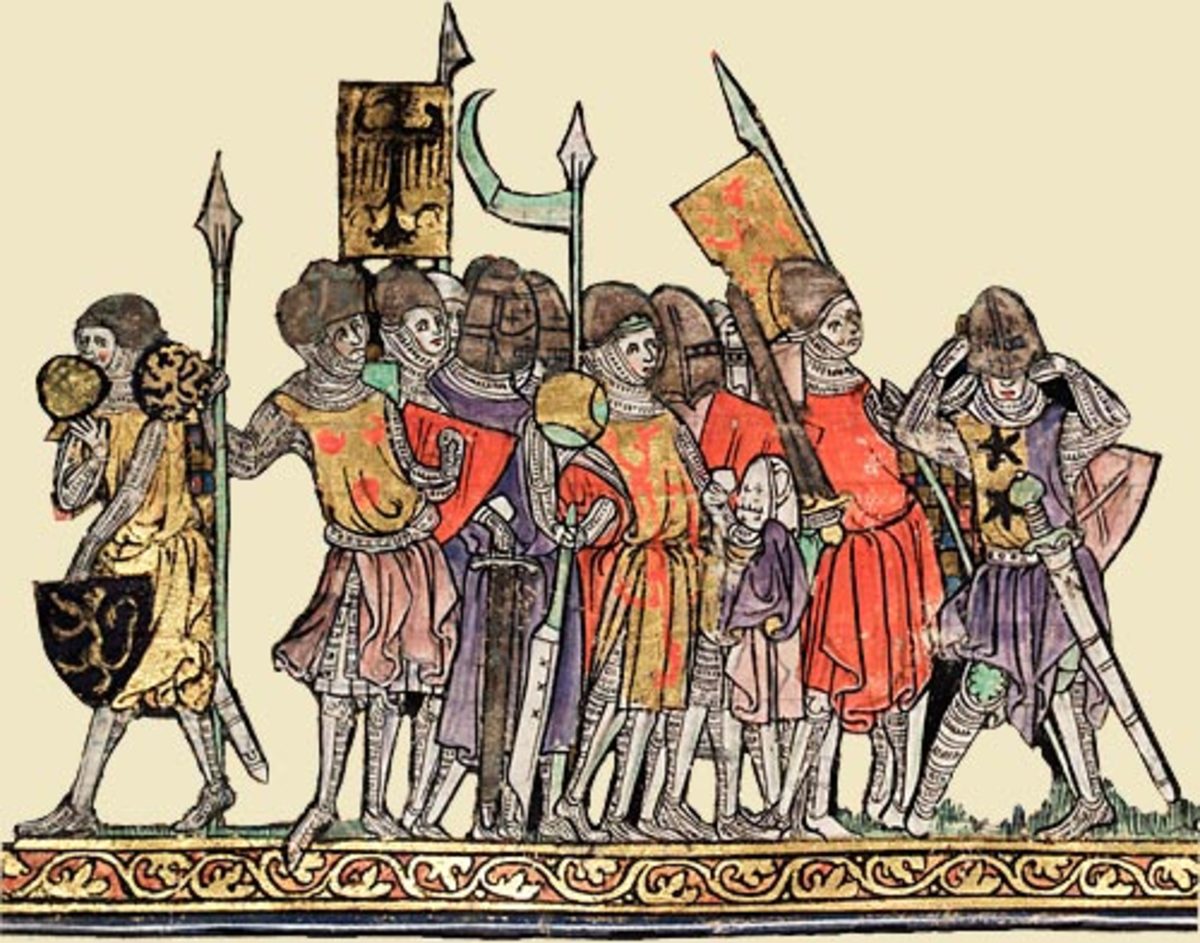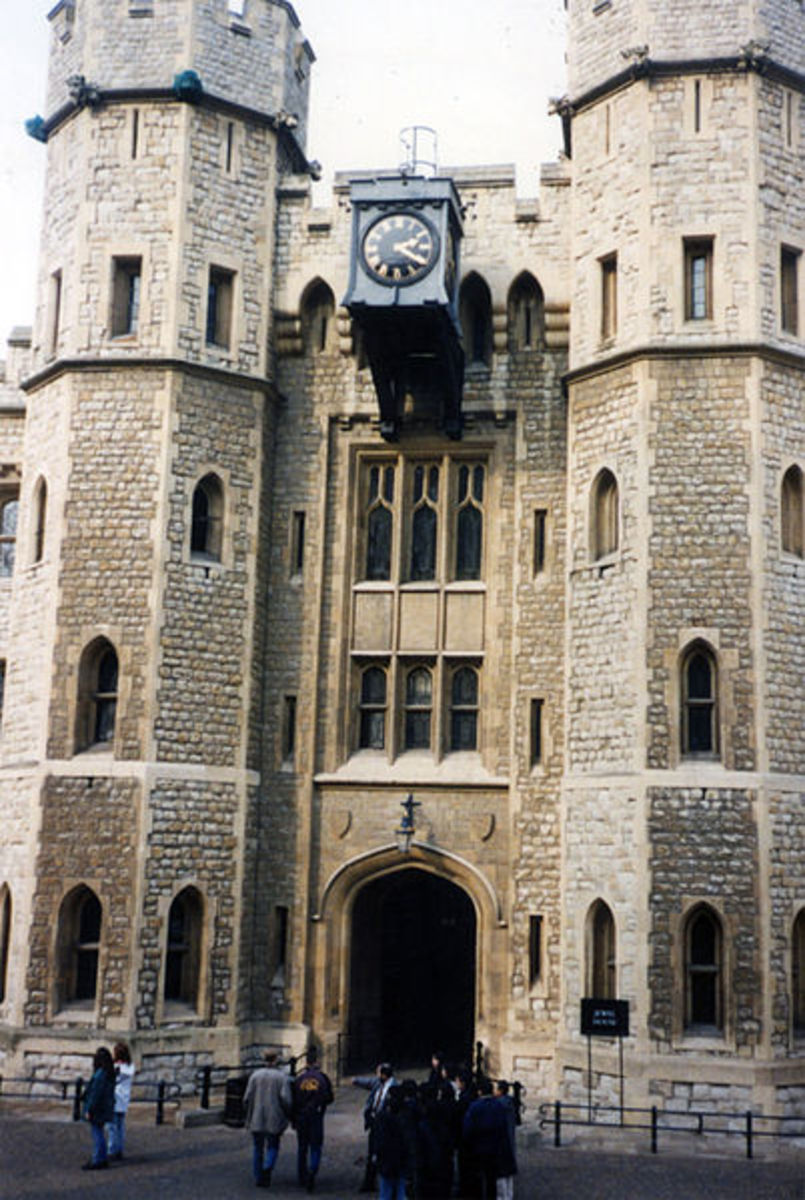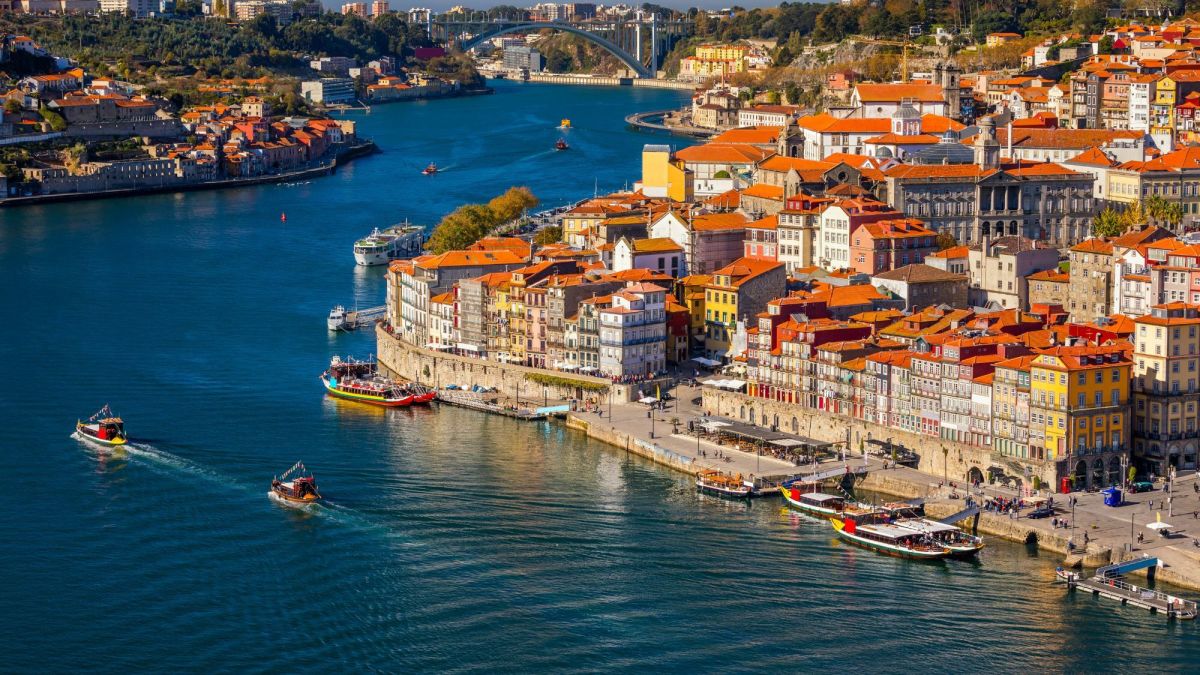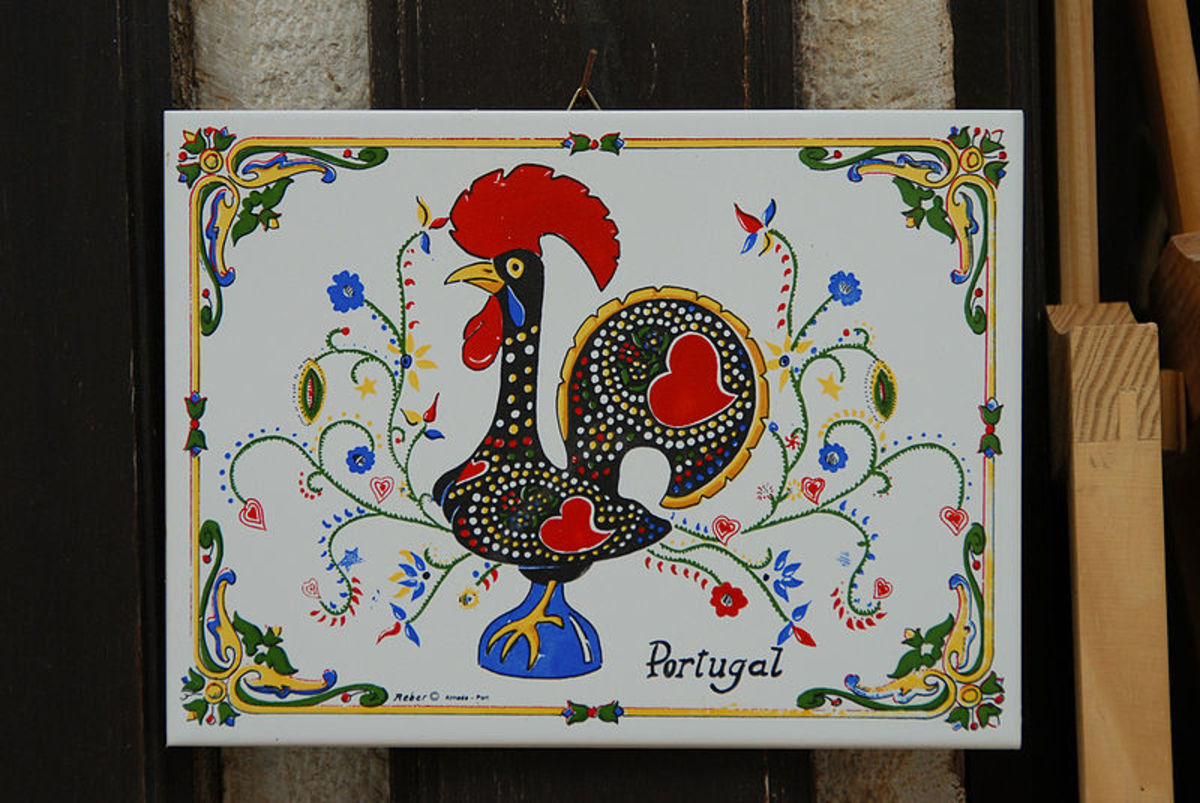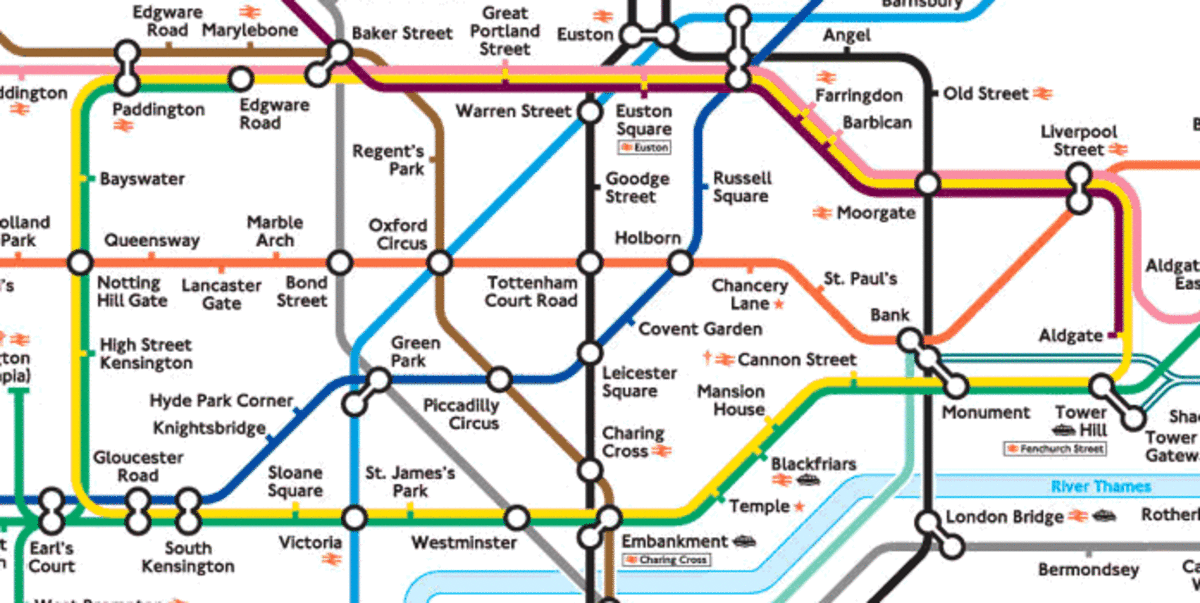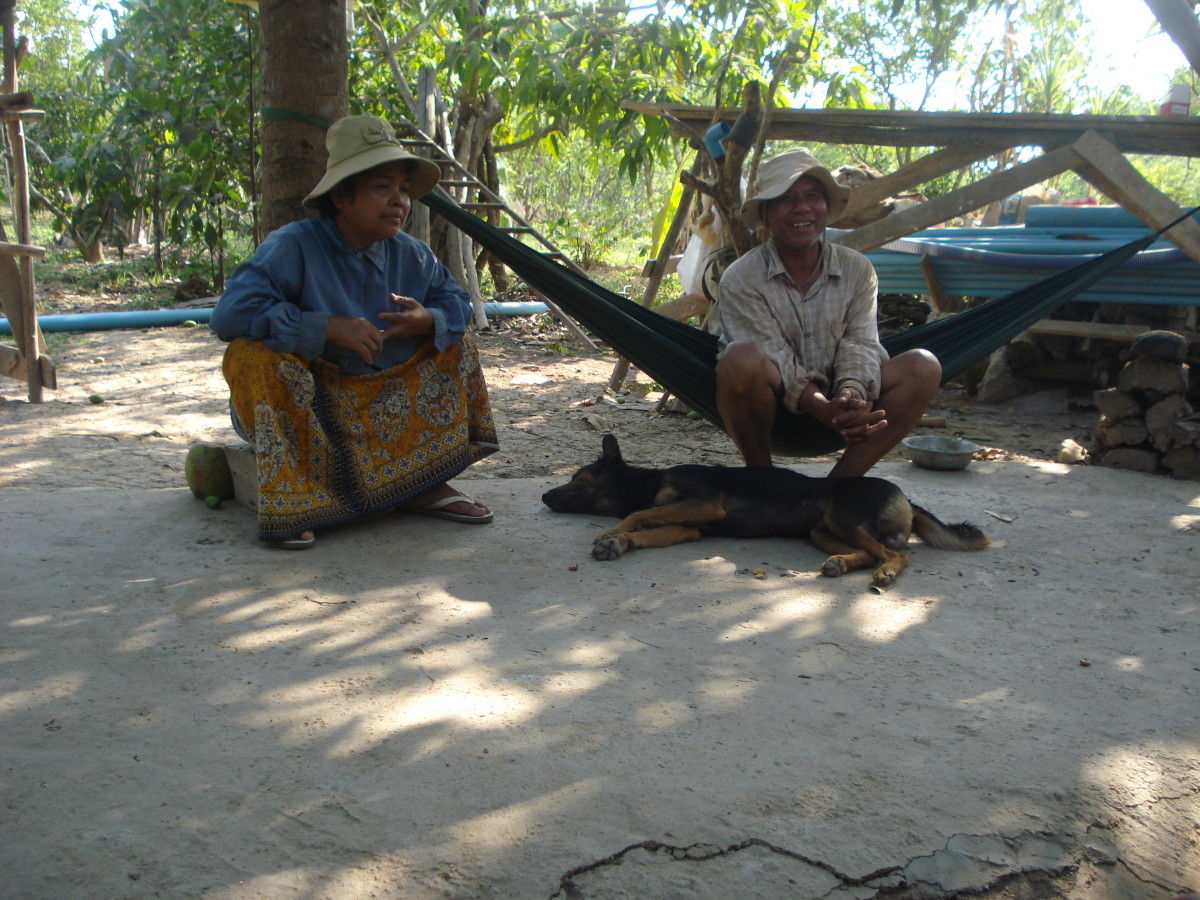Prince Henry IV the Navigator
Prince Henry the Navigator
Prince Henry IV of Portuguese was called by names Henry the Navigator, Portuguese Henrique O Navigator, Henrique Infante (Prince) De Portugal, Duque (Duke) De Viseu, Senhor (Lord) Da Covilha. Born March 4, 1394 Porto, Port Portugal. He died November 13, 1460. He was the third son of his father King John I and his mother Queen Philippa of Lancaster.
Prince Henry career began
In 1415 Prince Henry became governor in Moroccan city of Ceuta. He and his biographer Gomes Enes de Zurara and his two brothers undertake a campaign that would enable them to win their knightly spurs in genuine combat, instead of in the mock warfare of tournament. Meanwhile, King John is planning to lull the Moroccan city into believing false security, so that he can prepare for battle in the city. A plague swept through Portugal and the Queen died. The army sailed in July 1415 and captured Ceuta, that’s when Prince Henry career began; with so many ships at his command Prince Henry began to sponsor voyages. Prince Henry place of voyages and discoveries was among the Madeira Islands and along the western coast of Africa. Sailing vessel known as Portuguese carvel was created with navigational instruments and designed with strategic structures.
Noblemen rediscovered the lands
Muslim rulers of Fez in Morocco and the kingdom of Granada in Spain joined in attempt to retake the city. Prince Henry expedited reinforcement to rescue the people of Ceuta, when he found out that Portuguese garrison had already beaten off the ridiculers. He forward to consider to attack Granada, knowing it would create counteract of the kingdom of Castile. Prince Henry’s father spent years fighting the Castilians with the consequences of Portugal in rather wanting peace with them and putting all debate and action in other to return home. In that year, Prince Henry and his two noblemen Joao Goncalves Zarco and Tristao Vaz Texeira, rediscovered the lands of Porto Santo and Madeira in who was visited Genoese in the previous century.
Henry's Great Enterprise
Prince Henry returns to Portugal and became duke of Viseu and lord of Covilha. In 1419 he retired from the court and became governor of Algarve. He is a founder of his own small court on the rocky Sagres where he engaged with seamen, cartographers, astronomer, shipbuilders, and instrument makers. At the age of 26 he was appointed grand master of the Order of Christ in 1420, ordered by the pope to replace the Templars in Portugal. The funds made thought the order in financing his great enterprise of discovery. All of Prince Henry’s ships had a perforation of a red cross on the sail. It was the reason to the conversion of Christianity, from port of Langos to Moroccan Atlantic coast and the south route to India was the aim of discovery.
Traditional Navigation
In 1433 King John I died and Duate become King, who then reprove Prince Henry for irresponsible behavior, lack of knowledge in raising money and failure in keeping promises, but is supported by the traditional account of navigation, as a person who renounces the comforts of society and leads a life of austere self-discipline as an act of religious missions of discoveries. These influences by his brothers made him brilliant. In 1425 Pedro was interested in geography where he toured Europe, England, Flanders, Germany, Hungary, Moldavia and Walachia in Romania, close to Ottoman Turkey and Italy. Prince Pedro brought home to Portugal in 1428 a copy of Marco Polo travels; it was a benefit to Henry. Marco Polo was a phenomenon of the late middle Ages as a great traveler in the 1270s and 1280s. He had new discoveries of information about faraway places, and stimulation of interest in world maps.
Expedition turns out a disaster
Prince Henry important achievement in 1434, rounded about in Cape Bojador by Gil Eanes, down the African coast. Prince Henry and his seamen continued southward of Rio de Oro. The order of Prince Henry and Prince Pedro began colonizing their recent discovery of Azores. In 1437 Henry and his younger brother Fernando went on an expedition to attack Tangier of the neighboring city of Ceuta, which had proven an economical liability, but they both wanted to insure Ceuta’s safety and provide revenue. They met up with disaster, when Portuguese army embarked the ship and kept Fernando as hostage. Henry offered himself as hostage but the army refused to lose its commander. Fernando remained in captivity in Fez to later on he died in 1443 of ill treatment.
Henry discovered Western Coast of Africa
Discovery
Who is your best Captain Story?
Inheritance of the throne
King Duarte died in 1438 and Afonso V his step brother inherited the throne at 6 years old, when Pedro regency over the boys’ mother, Leonor of Aragon. Pedro wishes to return to Sagres and resume his maritime work and Henry wish not to govern Portugal as they both worked in harmony. Henry’s missions of discoveries encouraged to aid by the regent. During the same year Henry aims was to find an African gold supply. In 1448 one of Henry’s captains Nuno Tristao sighted the Gambia River. Henry wanted to build a fort and warehouse on Arguin Island, where he traded slaves to Portugal and installed the first European trading post established overseas. Afonso V married the daughter of Pedro in 1446, Isabel. They both had a son Afonso. Henry, who wished only to be a peacemaker, tried to restore harmony between his brother Pedro and his nephew King Afonso. Inevitably, the two had armed conflict and Henry felt he was obligated to take the king side, but did not take any part in the preliminary conflicts or disputes of Alfarrobeira. Pedro was killed by a chance shot from a crossbowman in 1449. The reason believed that sad termination of the family feud, Henry went into exile at Ceuta and remaining days trying to gain approval to fight Moors, but by the king it was refused. 50 years later a historian writer wrote that Henry had deserted his brother Pedro when he might have saved him. Henry’s biographer, Zurara declared that his hero did everything possible to prevent Pedro’s death and promised to explain the incident in writing, but proclaim that he did, his sponsorship accounts will be lost.
Arrangements of Emperor Wedding
During, 1450 Henry spent most of his time in Sagres, he did not forsake his public life, where he settled with the King sole right to send ships to visit and trade with Guinea coast of Africa. The kings’ sister married Emperor Frederick III in Lisbon court in 1450. Henry help arranged the wedding and kept concentrated on the sponsorship of voyages. Henry interest was to remain in the trade with the regions already contracted. Venetian Alvise Ca’ da Mosto (Cadamosto) and the Portuguese Diogo Gomes, who between them discovered several of the Cape Verde Islands, was the last two important mariners sent out by Henry. A small interest in discoveries Afonso V was accommodated by Henry in the expedition in 1458 against Alcacer Ceguer. The surrender under specified conditions came into terms.
Prince Henry IV lived two years after return from Alcacer Ceguer. He died in 1460. He was a navigator of encouragements of navigation and great discoveries in the ocean seas.

